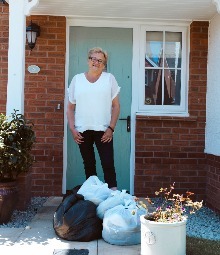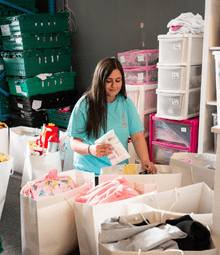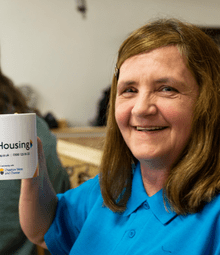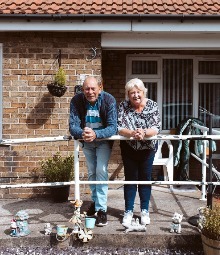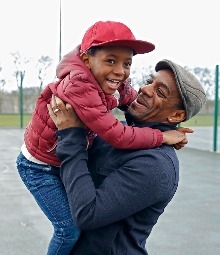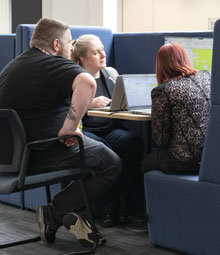What we are doing to keep you safe?
It’s important to us that you and your community are safe. We do this with fire prevention, protection and response activities. We’re working closely with local fire services and the local authority with your safety in mind. In line with new regulations, we will be sharing information with you to raise awareness of fire safety and how to stay safe in you home, plus the support that is available to you.
Preventing common fires in your home
Part of fire safety is preventing fires through appliances in your home, from electric blankets to candles. There are lots of steps you can take to prevent fire spreading:
1
Plugs and appliances
- Always check that you use the correctly rated plug fuse to prevent appliances from overheating.
- Make sure electrical appliances have a British or European safety mark when you buy them.
- Try and keep to one plug per socket. Certain appliances, such as washing machines, should have a single plug to themselves, as they require a large amount of power to operate.
- An extension lead or adaptor will have a limit to how much electrical load it can take. So be careful not to overload them to reduce the risk of a fire.
2
Plugs and appliances
- Use and maintain appliances in accordance with manufacturer user instructions to prevent them causing a fire.
- Check for signs of dangerous or loose wiring such as scorch marks, hot plugs and sockets, fuses that blow or circuit breakers that trip for no obvious reason, or flickering lamps/lights.
- Visually check appliance cables and leads and seek advice from a qualified electrician if these appear damaged.
- Unplug appliances when you are not using them or when you go to bed at night, it helps to reduce the risk of fire.
- Always ensure furniture has the fire-resistant permanent label.
3
Electric blankets and portable heaters
- Don’t leave electric blankets folded as this damages the internal wiring. Store them flat or rolled up instead.
- Unplug blankets before you get into bed, unless it has a thermostat control for safe all-night use.
- Do not buy second hand blankets and check regularly for wear and tear.
- Try to secure heaters against a wall to stop them falling over.
- Keep them clear from flammable materials such as curtains and furniture and never use them for drying clothes.
4
Candles
- Make sure candles are secured in a proper holder and away from materials that may catch fire like curtains.
- Ensure candles are fully extinguished when you are finished using them and never leave a candle burning when you go out or go to bed.
- Use a snuffer or a spoon to put out candles, it’s safer than blowing them out as sparks can fly.
- Children should never be left alone with candles.
5
Cigarettes, matches and lighters
- Stub cigarettes out properly and dispose of them carefully.
- Never smoke in bed.
- Use a proper ashtray, never a waste paper basket/bin.
- Make sure your ashtray can’t tip over and is made of a material that won’t burn.
- Don’t leave a lit cigarette, cigar or pipe lying around. They can easily fall over and start a fire.
- Take extra care if you smoke when you’re tired, taking prescription drugs or if you’ve been drinking. You might fall asleep and set something on fire.
- Keep matches and lighters out of the reach of children and consider buying child-resistant lighters and match boxes.
Smoke alarms
All smoke alarms are checked every 12 months and this is normally carried out with the annual gas servicing. There is a programme in place for checking smoke alarms for homes that do not have gas.
If your home does not have gas and you want to find out when your smoke alarm will be checked, please contact us on 0300 123 5522.
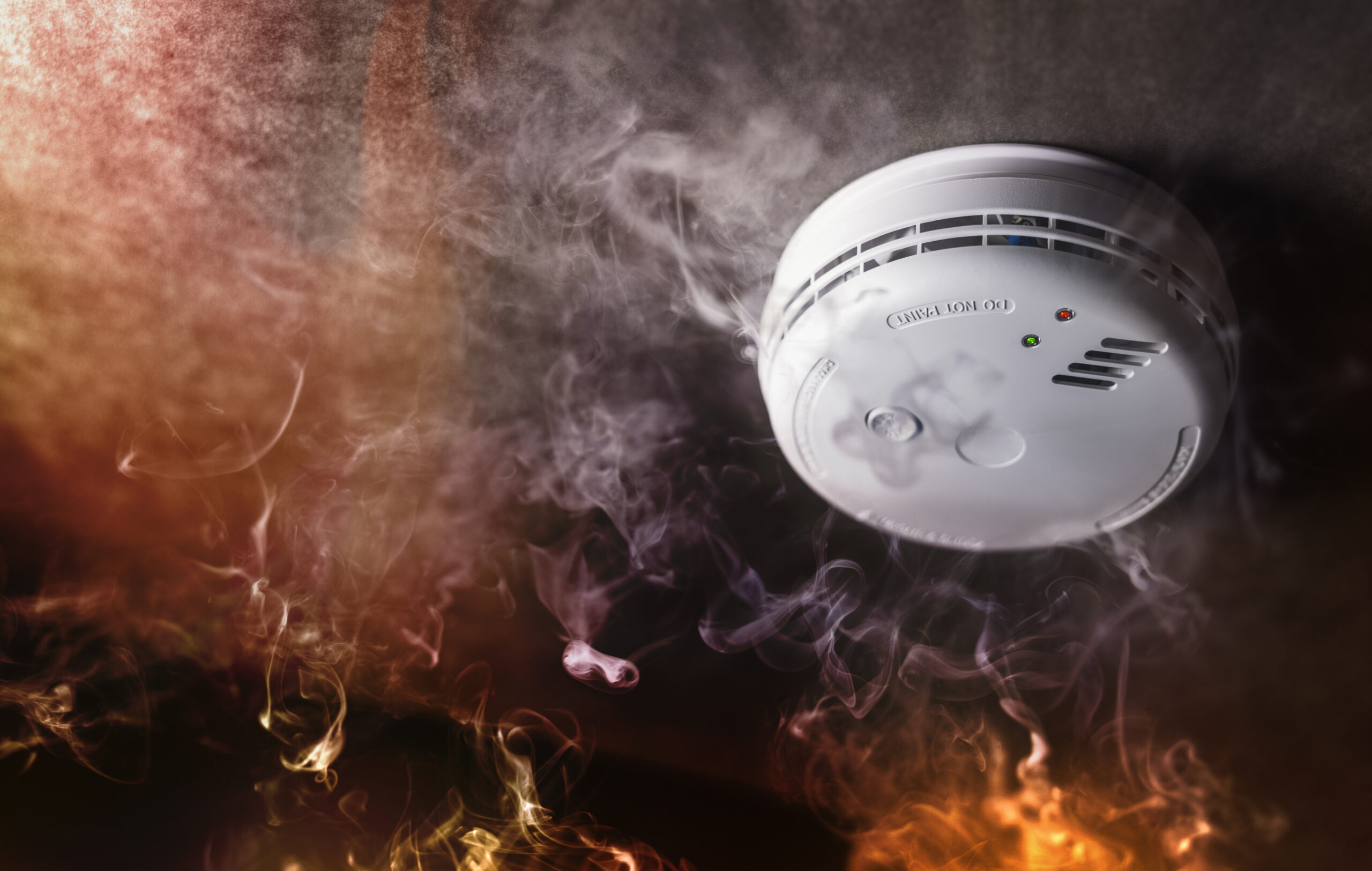
Fire doors
Fire doors in homes and apartments are important to protect everyone if there is a fire. In a block of apartments a lot of the doors will be fire doors – this includes your front door, doors in communal corridors, landings and on the staircases. Fire doors are designed to stop fire and smoke spreading. They are essential for the Stay Safe strategy in your building.
The front door should:
1. Close on its own – fire doors are fitted with self-closing devices which can be fitted to the top of the door or be fitted within the frame.
2. Not have big gaps between the door and the door frame.
Fire doors in communal areas
There will be fire doors in other areas of the building, and this includes doors in communal spaces and landings, the doors into the staircases and doors which provide access to bin stalls and plant rooms.
Fire doors in communal areas will:
1. Be marked as fire doors – normally a blue circle that says ‘Fire door. Keep shut’.
2. Close behind you.
3. Not have big gaps between the door and the frame.
4. Be in good condition with minimal visible damage.






